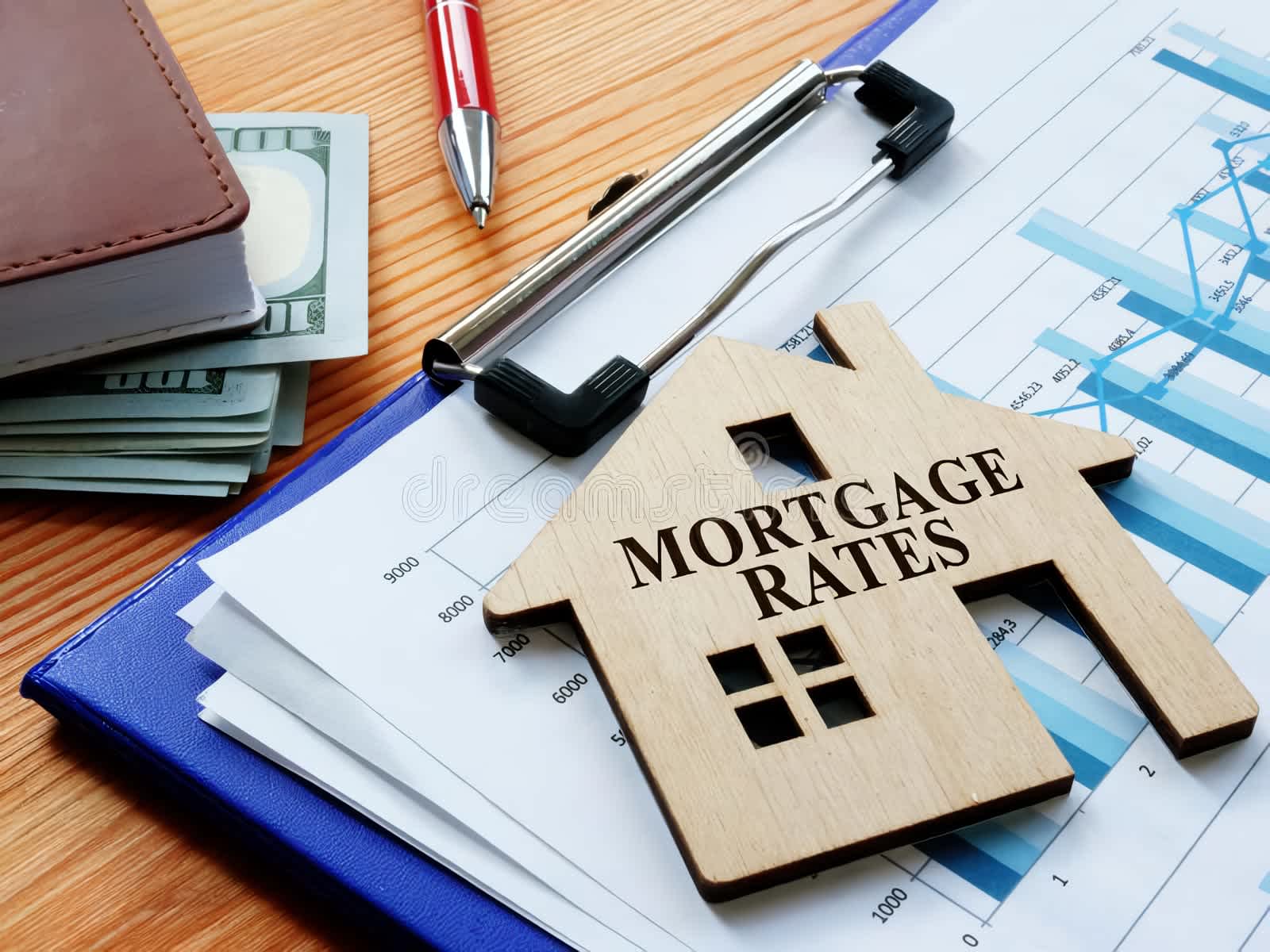Interest rates are an essential part of the home-buying process. When you take out a mortgage to buy a house, you’re essentially borrowing money from a lender, and the lender charges you an interest rate as a fee for lending you the money. Interest rates are typically expressed as a percentage of the amount borrowed and can have a significant impact on your overall cost of borrowing.
The interest rate you receive on your mortgage can vary based on a variety of factors, including your credit score, the size of your down payment, the length of the loan term, and the current economic climate. Generally speaking, borrowers with higher credit scores and larger down payments are likely to qualify for lower interest rates.
It’s important to understand that the interest rate you pay on your mortgage can have a significant impact on the total amount you’ll end up paying for your home. For example, a 30-year fixed-rate mortgage with an interest rate of 4% on a $300,000 loan would result in a total cost of $515,609 over the life of the loan, while the same loan at an interest rate of 5% would cost $579,767.
It’s also worth noting that interest rates can change over time. If you have a variable-rate mortgage, your interest rate may fluctuate based on market conditions, which could result in your monthly payments increasing or decreasing.
When you’re shopping for a home, it’s essential to pay close attention to interest rates and work with your lender to find the best possible rate for your situation. A lower interest rate can help you save money over the life of your loan, which can make a significant difference in your overall financial well-being.


